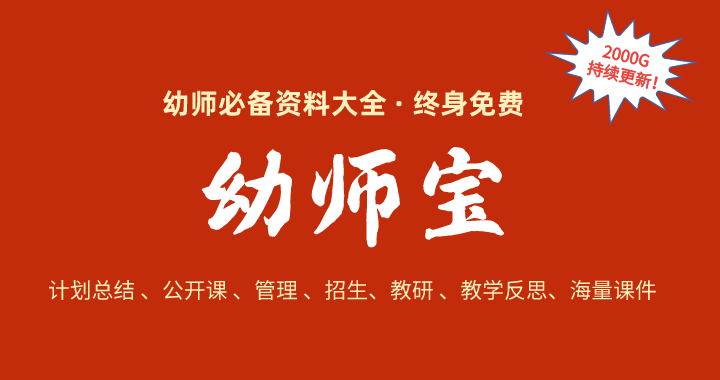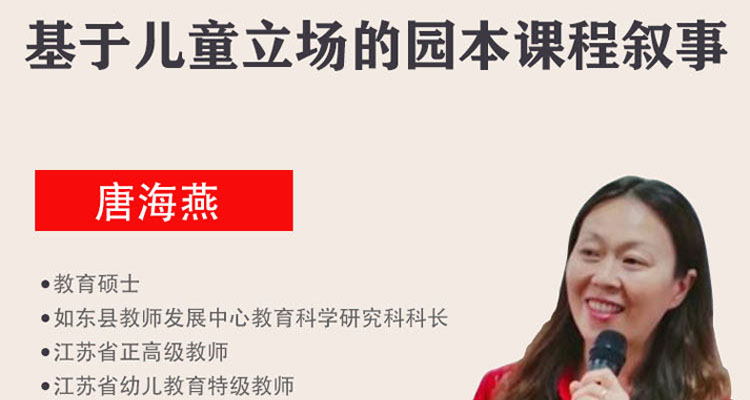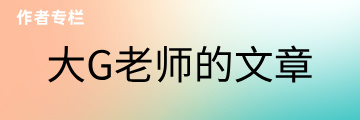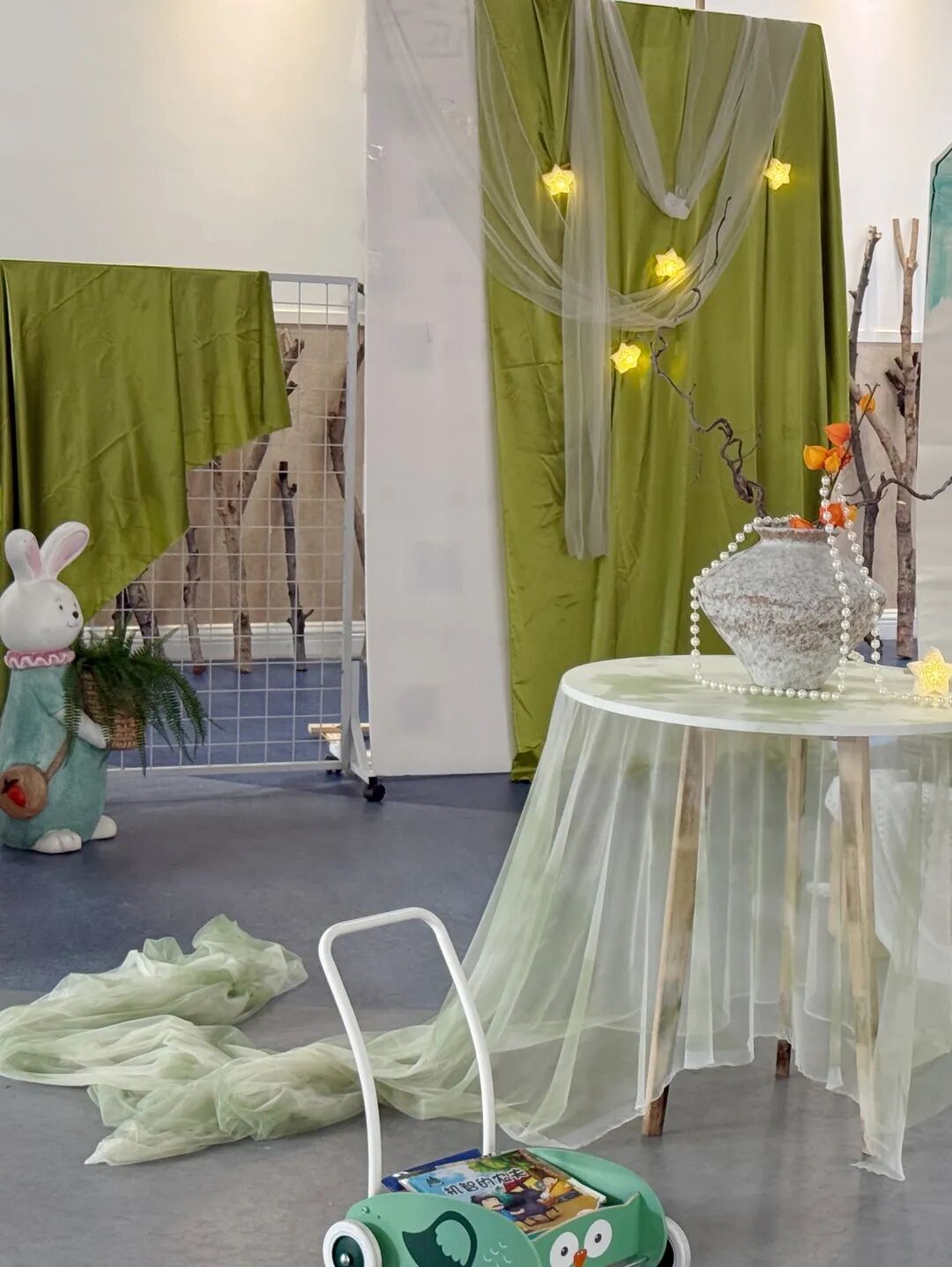大寒是中国传统的二十四节气的最后一个节气,有大寒之后是新年,大寒之后是春天的含义。大寒节气处在三九、四九时段,此时寒潮南下频繁,是一年中的最寒冷的时节。
Da Han is the last solar term of the traditional 24 solar terms in China. After Da Han, it means New Year, and after Da Han, it means spring. The Great Cold Festival is during the period of March 9th and April 9th, when cold waves frequently move southward, making it the coldest season of the year.
Great Cold Phenology
根据中国古代的物候学将大寒分为三候。
According to the phenology of ancient China, the Great Cold can be divided into three phases.
一候鸡始乳
When the chicken starts to milk
意为大寒节气母鸡提前感知到春天的阳气,开始孵小鸡。
The meaning is that during the Great Cold Festival, the hen perceives the yang energy of spring in advance and begins to hatch Chicks.
|
|
|
二候征鸟厉疾
The second sign of bird disease is severe
“征鸟”指鹰之类的飞鸟,厉疾始厉猛,捷速之意。征鸟盘旋于空中猎食,以补充能量抵御严寒。
“Zhengniao” refers to flying birds such as eagles, which are sharp and fierce at the beginning, with the meaning of speed. The birds hover in the air to hunt and replenish their energy to resist the harsh cold.
|
|
|
三候水泽服坚
The three seasons are full of water and strong clothing
指出在水域中,冰层的厚度和坚实度达到了一年中的极限,为冬末提供了坚固的支撑。
It is pointed out that in the water, the thickness and firmness of the ice layer have reached their limit in a year, providing strong support for the end of winter.
|
|
|
这些物候特征反映了大寒节气时的气候特点,包括温度的低点和动物行为的变化。在中国传统文化中,大寒与农业生产和人民的生活密切相关,提醒人们注意保暖和防范低温带来的不利影响。
These phenological characteristics reflect the climate characteristics during the Great Cold Festival, including low temperature points and changes in animal behavior. In traditional Chinese culture, severe cold is closely related to agricultural production and people’s lives, reminding people to pay attention to warmth and prevent the adverse effects of low temperatures.
The Customs of Great Cold
旧年没于大寒,新年起于大寒,大寒时节的民俗,带着满满的辞旧迎新的味道,如赶大集、糊窗纸和尾牙祭等。
The old year did not start with the Great Cold, and the new year started with the Great Cold. The folk customs of the Great Cold season are full of the flavor of bidding farewell to the old and welcoming the new, such as rushing to the big festival, pasting window paper, and holding the Tail Teeth Festival.
|
|
|
除尘一般放在腊月二十三、二十四进行,即“祭灶”日。除尘又称“打尘”,就是大扫除,家家刷墙,扫除不祥,把穷运扫除掉,反之,民间常有“腊月不扫尘,来年招瘟神”的说法。
Dust removal is generally carried out on the 23rd and 24th of the twelfth lunar month, known as the “Sacrifice to the Kitchen” day. Dust removal, also known as “sweeping dust”, refers to a large-scale cleaning, where every household brushes the walls to sweep away bad luck. Conversely, there is a common saying among the people that “if you don’t sweep the dust in the twelfth lunar month, you will attract the God of Plague in the following year”.
|
|
|
旧时大寒时节的街上常有人们争相购买芝麻秸。因为“芝麻开花节节高”,除夕夜,人们将芝麻秸洒在行走之外的路上,供孩童踩碎,谐音吉祥意“踩岁”。
In the old cold season, people often rushed to buy sesame straw on the streets. Because “sesame flowers bloom high and high”, on New Year’s Eve, people sprinkle sesame straw on the roads outside of walking for children to crush, which sounds auspicious and means “stepping on the new year”.
|
|
|
糊窗户是在黄河以上领域的民间民俗活动,在大寒的时候用新纸糊窗户,寓意“糊窗户,换吉祥。”为了美观,有的人家会剪一些吉祥图案贴在窗户上,故又称“贴窗花”,一般放在腊月二十五进行。
Window pasting is a folk activity in the areas above the Yellow River. During the severe cold, new paper is used to paste windows, symbolizing “pasting windows for good luck.” In order to look beautiful, some families will cut some auspicious patterns and stick them on the windows, so it is also known as “pasting window flowers”. It is usually done on the 25th day of the twelfth lunar month.
|
|
|
大寒是农历四九前后,传统的“一九一只鸡”食俗仍被不少家庭所推崇,意思是说从冬至过后,每九天我们要吃一只鸡,提高身体的免疫力。
Da Han is around the 4th and 9th of the lunar calendar, and the traditional “1991 chicken” food custom is still highly praised by many families. It means that after the winter solstice, we should eat one chicken every nine days to improve our immune system.
|
|
|
吃“消寒糕”的习俗在北京由来已久。“消寒糕”是年糕的一种,不但因其糯米比大米含糖量高,食用后全身感觉暖和,有散风寒,润肺的功效,在“大寒”这一天吃年糕,还有“年高”之意,带着吉祥如意,年年平安,步步高升的好彩头。
The custom of eating “cooling cake” has a long history in Beijing. “Xiaohan Cake” is a type of rice cake, which not only has a higher sugar content in glutinous rice than rice, but also feels warm throughout the body after consumption. It has the effect of dispelling wind and cold, and moistening the lungs. Eating rice cake on the day of “Great Cold” also means “high year”, with good luck, safety, and rising step by step.
Da Han Shi Ci
《大寒吟》
【宋代】邵雍
旧雪未及消,新雪又拥户。
阶前冻银床,檐头冰钟乳。
清日无光辉,烈风正号怒。
人口各有舌,言语不能吐。
“Da Han Yin”
Shao Yong of the Song Dynasty
The old snow has not yet dissipated,
and new snow is once again gathering in households.
Frozen silver bed in front of the steps,
ice bell milk on the eaves.
The clear sun has no radiance,
and the strong wind is howling with anger.
Each person has their own tongue,
and words cannot be spoken.
|
|
|
《大寒》
左河水
蜡树银山炫皎光,
朔风独啸静三江。
老农犹喜高天雪,
况有来年麦果香。
Da Han
Zuohe River
The wax trees and silver mountains shine brightly,
The shuo wind howls alone in the tranquility of the three rivers.
The old farmer still likes the high snow,
Moreover, there is a fragrance of wheat and fruit next year.
|
|
|
结合大寒习俗,在幼儿园,老师会带领孩子们讲相关绘本,了解、认知节气相关习俗;也会诵古诗、念儿谣、绘画制作节气手工作品等;还会走到户外去发现、探索节气秘密;还可以带领幼儿在班级大扫除或者和家人们一起大扫除,感受即将到来的新年。
Combining with the customs of the Great Cold, in kindergarten, teachers will lead children to teach relevant picture books to understand and recognize the customs related to solar terms; I can also recite ancient poems, recite nursery rhymes, paint and create seasonal handicrafts, etc; I will also go outdoors to discover and explore the secrets of the solar terms; You can also lead young children to do a big cleaning in the class or with their families to experience the upcoming New Year.
|
|
|
大寒至,冬将尽,春将始,
一切美好都将如约而至!
让我们积蓄内心的力量,
一起迎接春暖花开!
Great cold arrives, winter is coming to an end,
and spring is about to begin,
Everything beautiful will come as promised!
Let us accumulate our inner strength,
Welcome the warm spring flowers together!
扫描下方二维码
了解更多
望京园 Baston.Hope Kingdom:
(010) 64739197 64733884
太阳园 Baston.Sun Palace:
(010) 84413316 84413326
无限园 Baston. Infinity Plaza:
(010) 85738380 85738379
欧陆园 Baston.European Land:
(010) 58236013 59273452
绿城园 Baston.Green Town:
(010) 89316473 89316474
华溢园 Baston.Brilliant City:
(010) 59214810 59214820
首创园 Baston.Creation Square:
(0354) 2516655
培懿园 Baston.Virtue Garden:
(0754) 82772212 82772216
御景园 Baston.Empery Garden:
(0316) 2128662 2128379










